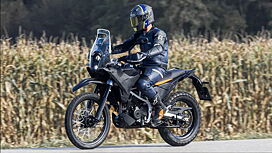Introduction

Pros- Has a refined engine, easy to ride in the city, brakes have a good feel
Cons- Stiff seat and suspension setup, Could have better build quality
It all started with the FZ-16 that was introduced in India back in 2008. It was the bike all the young guns wanted. Those broad shoulder lines on the fuel tank and that wide rear tyre which Yamaha turned the spotlight on were sure to leave the college girls weak in the knees.
Fast forward to 2019 and here you have the FZ-S V3 which, as the insightful lot of you might have guessed right, is the third generation of the FZ-16. How much has changed over the years? Is it still…the ‘Lord of the Streets’?
Quality

It sure seems like, in all those years, the FZ has been to the gym with dedication. The fuel-tank is now more beefed-up and sports faux, chrome-finished air-intakes on either side which when viewed from the front, gives the FZ-S V3 an imposing, Lord-y appeal to it. The low-slung, full-LED headlamp completes that look which in its entirety somewhat replicates the Yamaha V-Max. Although in its pursuit of getting a sculpted upper body, the FZ-S V3 has forgotten all about its rear, which in its svelte form looks completely disproportionate to the front.

Now, the FZ-S V3 has the looks that manage to turn heads but a keen eye will uncover a few chinks in its armour. While the quality of plastic is decent, it has panel gaps in more than a few areas. The switchgear too has a similar dilemma. While the buttons are of good quality, they feel tacky to operate.
Comfort

The FZ-S V3 is positioned in, what Yamaha calls, the ‘upper executive commuter’ segment which means that the motorcycle should ideally offer good features while being comfortable for daily commutes. Swing a leg over the FZ-S V3 and you are instantly in-tune with the bike’s seating ergonomics. It offers an upright riding posture courtesy the wide handlebar and almost neutral-set footpegs. The new, single-piece seat is commodious too, allowing the rider as well as the pillion enough room to move around.

However, Yamaha has configured the cushioning of the seat to be firm; way firmer than what you’d call comfortable. The seat proved to be a bum sore even during short commutes and I would want to skip the part where I talk about how it felt on our intercity ride. Apart from the seat, the FZ-S V3’s stock suspension setting is also on the stiffer side. It doesn’t take kindly to small bumps or undulations and makes its displeasure felt when running over pothole-ridden roads. While you cannot do much to tune the telescopic forks upfront, the monoshock at the rear is adjustable for pre-load which could save the day, somewhat.
Performance

Yamaha has always been connotative to raw looks and performance figures. In that case, the FZ-S V3 has the first box ticked. But since it has been tailor-made for the fuel-efficiency-craving Indian market, performance isn’t its priority. The bike’s 149cc engine is all about being a good commuter instead.
Crank up the motor and you are welcomed by a refined hum of the engine. The throttle response is linear and the five-speed gearbox is smooth, shifting through each of the five cogs with definite clicks. Now the FZ-S V3’s 13bhp and 12.8Nm producing motor isn’t the most enthusiastic off the line, but it jumps to life in between 4000 to 6000rpm. The strong mid-range combined with the bike’s flick-able nature ensures that the FZ-S V3 overtakes and filters through traffic like honey on waffles.

At the higher revs, the bike loses its oomph and the motor starts to feel stressed. Sure, there are some vibes under the seat, but there’s not much to bother. And as we found out after finding the optimum temperature, right direction of the wind, a light breakfast and much coaxing, the FZ-S V3 managed to hit a top speed of 112kmph.
While much of it is similar to the earlier version, the only mechanical difference between the FZ-S V3 and the FZ-S V2 is the addition of a single-channel ABS. It accompanies the dual-disc setup on the bike which offers good stopping power and bite, especially at the front end.
Technology

In terms of features, the FZ-S V3 has just the right amount to put it on par with the competition. It sports a full-LED headlamp with a halogen pilot lamp. The instrument cluster is a negative display (black background, white lettering) which features a bridge-shaped tachometer, speedometer, fuel gauge, two trip meters and a clock. The display also has an ‘ECO’ indicator that flashes on the screen up to 5500 rpm.

Fuel Efficiency

The Yamaha FZ-S V3 returned an average of 44.2 kilometres per litre in our fuel-efficiency test route. And with a fuel-tank capacity of 12.8 litres, the FZ-S V3 has a range of roughly 566kms. In comparison, its direct rivals, the TVS Apache RTR 160 4V returns 44kmpl while the Honda CB Hornet 160R returns roughly 10kmpl more.
Fitness of Purpose

Yamaha’s entire motive with the FZ-S V3 is to offer a fuel-efficient commuter motorcycle that also is a head-turner and has a good amount of features, everything that it does offer.
The company has also priced the bike well with a sticker price of Rs 98,190. This puts it right in between the Honda CB Hornet 160R ABS DLX which costs Rs 95,078 and the TVS Apache RTR 160 4V FI which retails at Rs 99,101 (all prices in ex-showroom, Delhi).
Our Take

The FZ-S V3 is aimed at working-class individuals who commute every day. So Yamaha made an easy-handling motorcycle which offers a comfortable riding position and a linear throttle response. Along with these characteristics, the engine has been tweaked to offer a strong mid-range which almost completes the FZ-S V3’s ability to be a good commuter.
And by almost, I mean that the FZ-S V3 is a well-cushioned seat away from being the perfect ‘upper executive’ commuter in the Indian market. All said and done, we would expect Yamaha to also improve the FZ-S V3’s build quality which currently isn’t on par with its direct rivals.
Photography by Kapil Angane
Gallery
1/73
Yamaha FZ S V3 Action
Double Tap to Zoom











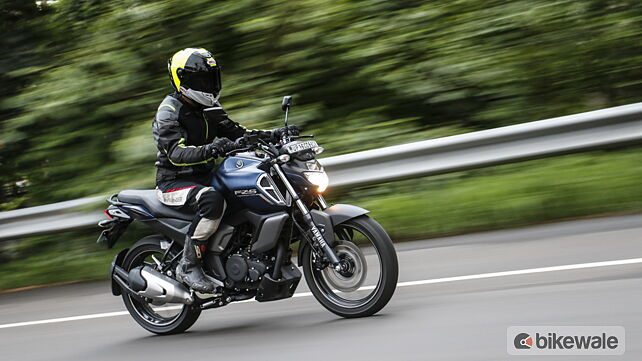












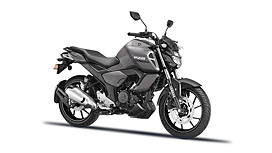
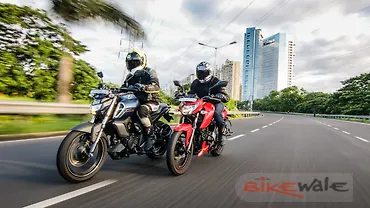

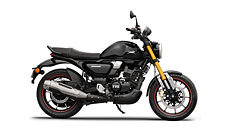
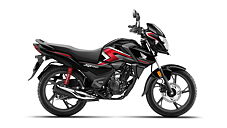
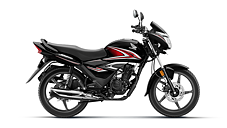

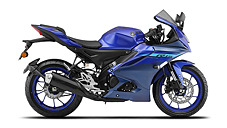
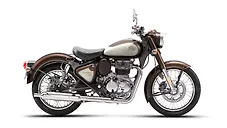
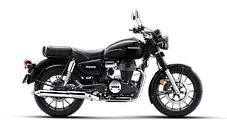
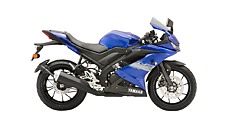
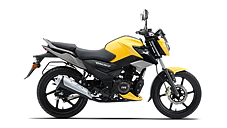
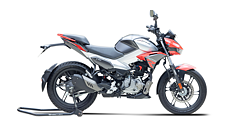
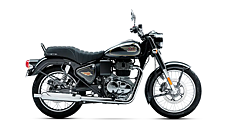
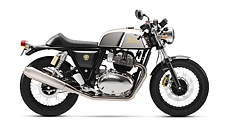
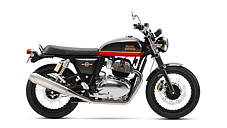
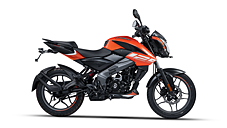


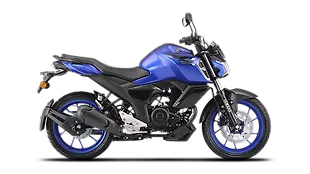



![KTM 390 Adventure X [2025] KTM 390 Adventure X [2025]](https://imgd.aeplcdn.com/272x153/n/cw/ec/190885/390-adventure-x-2025-right-side-view.jpeg?isig=0&q=80)
